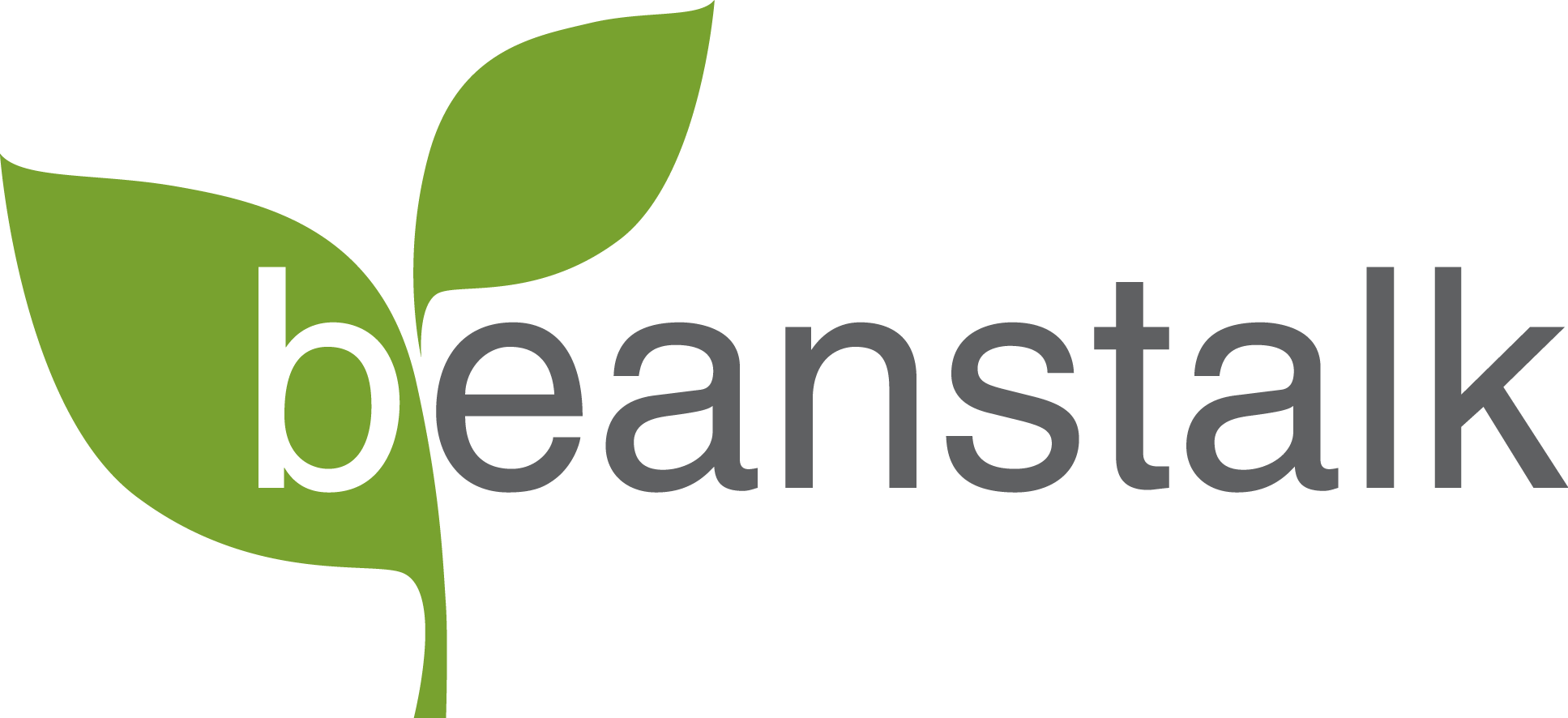Bandersnatch's Legal Adventure
January 14, 2019 | By: Oliver Herzfeld
Resolving Conflicts Between Trademark Law And First Amendment Rights
The publisher of the popular Choose Your Own Adventure series of books, Chooseco LLC, has commenced a lawsuit against Netflix. Essentially, Choosco claims Netflix’s new film "Black Mirror: Bandersnatch" infringes several of Choosco’s trademarks that include the words "Choose Your Own Adventure."
According to the complaint, beginning in 2016, Netflix actively pursued a license to use "Choose Your Own Adventure” in connection with films and interactive cartoons. Chooseco and Netflix engaged in extensive negotiations that were ongoing for a number of years, but Netflix did not receive a license. Choosco alleges that before the release of Bandersnatch, Chooseco sent Netflix a written cease and desist letter asking Netflix to stop using the "Choose Your Own Adventure” trademark in connection with its marketing efforts for another television program. Key to the complaint is the fact that “[i]n the first few minutes of the movie, the protagonist refers to a fictional book in the diegesis as a 'Choose Your Own Adventure' book.” The question is, can Choosco prevail over Netflix on the basis of:
1. similar formats that allow consumers to make choices that affect the plot and outcome of a creative work, and
2. the reference to Choosco’s federally registered trademark as part of the dialogue of Netflix’s film?
One of the main functions of a trademark is to prevent consumer confusion among competing producers of goods and services. In order to prove trademark infringement, the owner of a trademark must show that there is a “likelihood of confusion” between the source, origin, sponsorship, endorsement or other affiliation between the plaintiff’s trademark and the allegedly infringing mark. Choosco has made no trademark claim to the format of its book series and it is unclear whether trademark protection is available for such a format. Consequently, the similarity of format between the book series and Netflix’s film should have no bearing on the outcome of the lawsuit. There is also no allegation that Netflix has used "Choose Your Own Adventure" in any naming, branding or marketing of Bandersnatch. That fact severely limits Choosco’s ability to claim likelihood of confusion and seems to leave Choosco’s claim hanging on the reference to its trademark in the film’s dialogue. But the film is an artistic work protected by the First Amendment, so how will the court likely decide between Choosco’s trademark rights and the public interest in free expression?
In similar cases, federal courts have applied a test to ensure that the parties’ competing interests are appropriately balanced. The test requires a trademark used in an expressive work to “[have] no artistic relevance to the underlying work” or “explicitly mislead as to the source” of the work before it is deemed to be an infringing use. In other words, the plaintiff claiming trademark infringement bears a significantly heightened burden, namely, it must satisfy not only the likelihood of confusion test but must prove the relevant trademark is either not artistically relevant to the underlying work or explicitly misleads consumers as to the source or content of the work. Applying that standard, it seems unlikely that Choosco will prevail on its infringement claims based on a single line of dialogue that is not unrelated to the work and, in context, is not used to identify the source, origin, sponsorship, endorsement or other affiliation of the film. In such an event, Netflix could not have chosen a better conclusion to this legal adventure.
